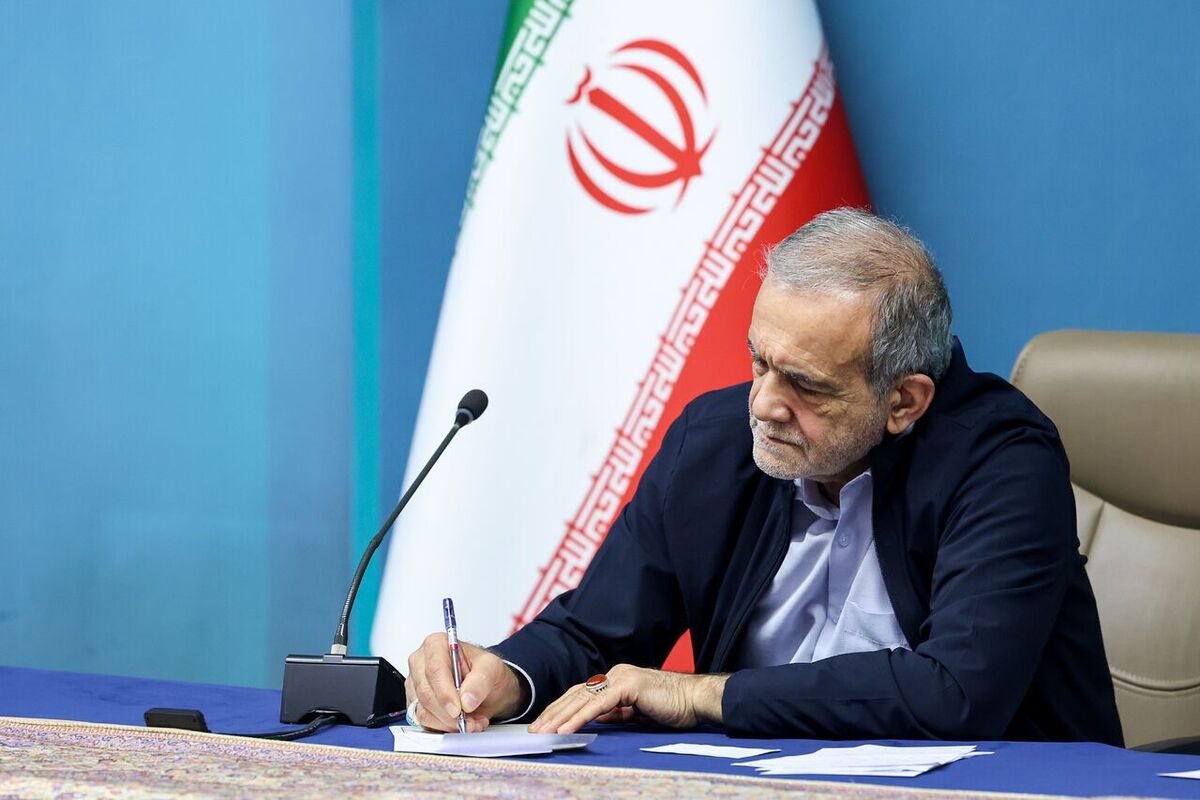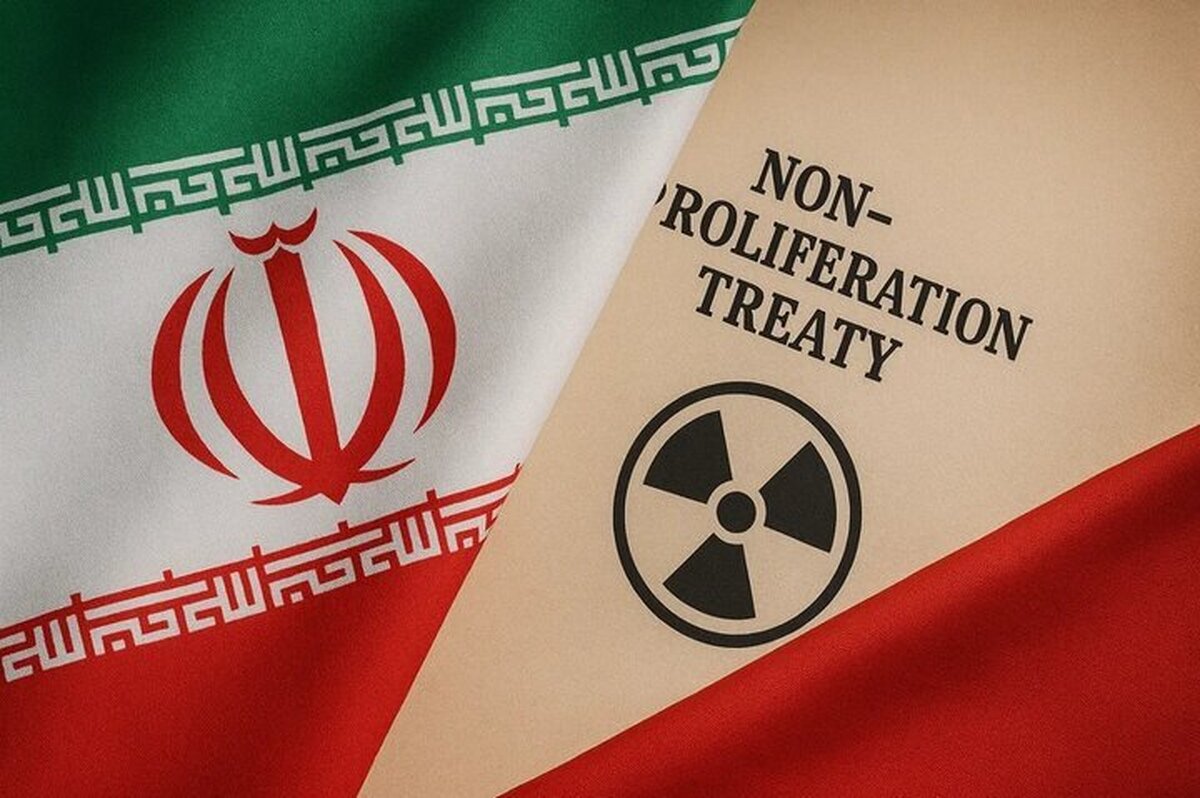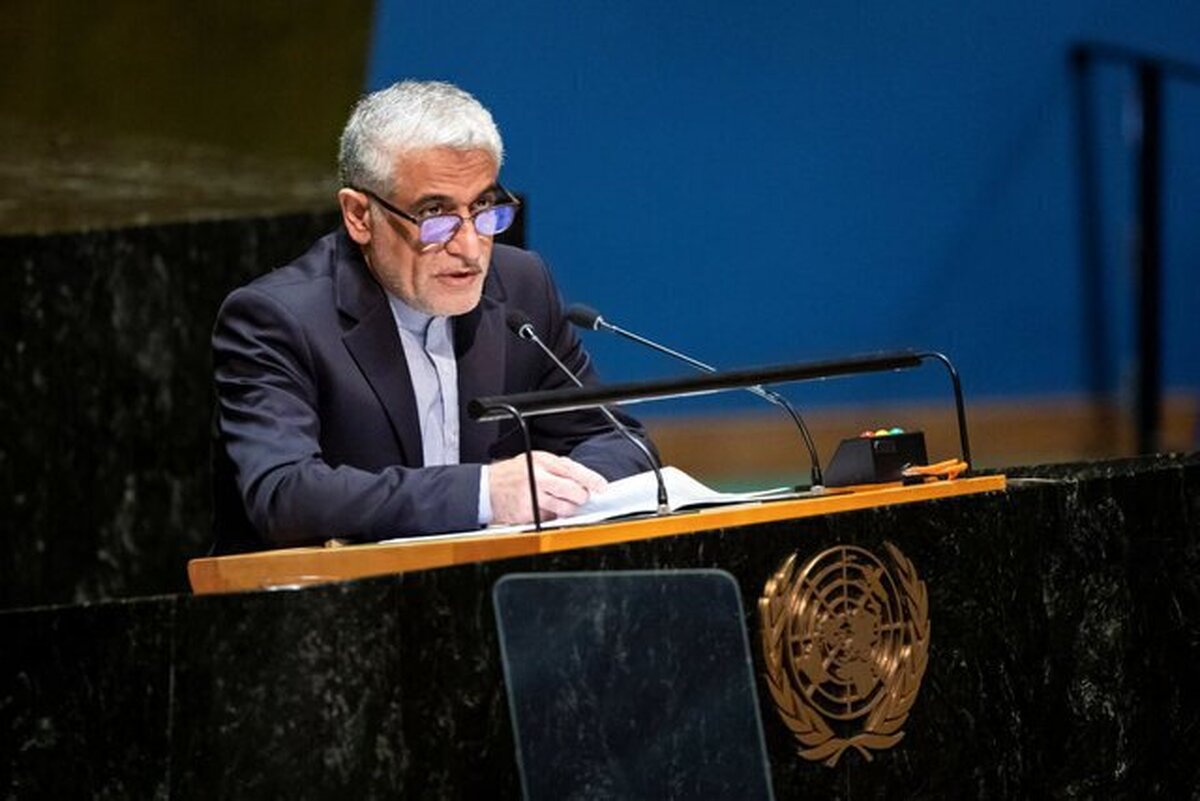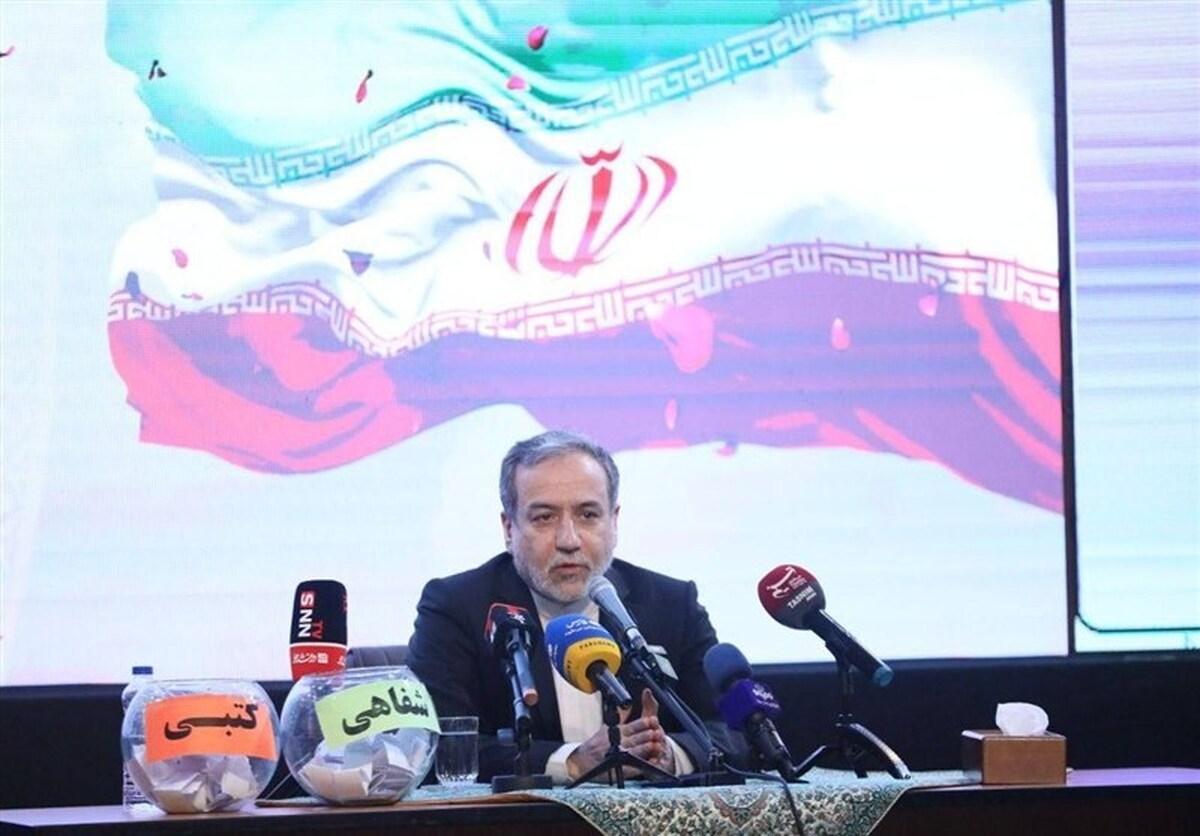
Iran and NPT at crossroads: Cooperation or withdrawal?

Iran is weighing a dramatic shift on the Nuclear Non-Proliferation Treaty (NPT), with Parliament debating possible withdrawal as European powers push the “snapback” mechanism.
The military attack on Iran’s nuclear facilities in June of this year once again sounded the alarm that pressures have crossed beyond diplomatic boundaries; an act that not only targeted Iran’s nuclear security but also demonstrated the inability of international institutions to play a deterrent role and preserve peace and stability.
European countries are attempting to once again bring Iran’s case to the Security Council by triggering the mechanism known as the “snapback.” This move has faced widespread legal criticism, since after the US withdrawal from the JCPOA, none of the remaining parties have the legitimacy to activate this mechanism.
From the perspective of analysts, Europe’s attempt to reinstate sanctions under the snapback mechanism is an example of political exploitation of international structures to pressure Iran. This is while Iran has continued to cooperate with the IAEA within the safeguards regime, the NPT, and even beyond its obligations.
In response to these circumstances, a proposal is under consideration in the Iranian parliament that regards withdrawal from the Nuclear Non-Proliferation Treaty (NPT) as a strategic option.
As the meeting of the IAEA Board of Governors approaches, debates over Iran’s interaction with the non-proliferation regime (NPT) and the role of the IAEA within this framework have once again come into focus. While Iran has consistently emphasized the peaceful nature of its nuclear program and demonstrated a significant level of transparency and cooperation with the Agency, recent developments have raised fundamental questions regarding the effectiveness, impartiality, and even legitimacy of international institutions associated with this regime.
Mohammad Bagher Ghalibaf, Speaker of the Iranian Parliament, said in this regard that it is clear the three European countries, having failed to fulfill their commitments under the JCPOA, have no right to activate the mechanism of paragraph 37 of the 2015 nuclear deal. He added that by illegally initiating the process of reinstating resolutions, it is necessary for Iran to take a deterrent measure to impose costs on this unlawful move by the European parties, so as to change the enemy’s decision to trigger the snapback mechanism. He stressed that the unified decision of the Islamic Republic of Iran on this matter will be announced and implemented shortly.
The NPT under the shadow of great powers’ inaction
The NPT is based on three pillars: nuclear non-proliferation, nuclear disarmament, and the right to peaceful use of nuclear energy. However, a review of the treaty’s performance in recent decades shows that the balance in implementing these three principles has been severely undermined.
Nuclear-armed states have not only failed to fulfill their disarmament obligations but have also continued to expand their arsenals. Moreover, cooperation in transferring peaceful nuclear knowledge and technology to countries lacking this expertise—one of the inalienable rights of members under Article IV of the Treaty—has in many cases been restricted or ignored by Western powers for political reasons.
The IAEA: Neutral observer or political actor?
From the perspective of international law, the IAEA is obliged to conduct its monitoring and oversight of countries’ nuclear programs solely based on technical and legal criteria. However, multiple reports and double standards regarding certain countries have subjected the Agency to accusations of politicization and deviation from its professional framework. In the case of Iran, even when Tehran has voluntarily cooperated with the Agency beyond its commitments, we have repeatedly witnessed the referral of the issue to the Board of Governors and the adoption of biased positions against Tehran.
The Agency’s silence in the face of sabotage and military attacks against Iran’s nuclear facilities is also questionable and has reinforced the perception that the supervisory body has, at times, turned into a tool of political pressure.
The right of withdrawal: A legal option, not a threat
According to Article X of the NPT, any member may withdraw from the Treaty by giving official notice if its vital interests are threatened. This is not only the right of states but also recognition of the geopolitical complexities and the possibility of crises in international relations. From this perspective, a potential withdrawal by a country from the Treaty cannot necessarily be considered a violation of international rules, but rather a legal act in response to the unfair performance of existing structures.
Naturally, if Iran were to invoke this legal right, such a decision would not amount to confrontation with the international order, but rather a reaction to its inaction.
Beyond nuclear: The broader scope of Western demands
What is significant is that the disputes between Iran and some Western governments are not confined to the nuclear issue. Alongside the debate over enrichment, Tehran has been asked to halt its missile program, sever its ties with regional resistance groups, and, in some cases, may even be pressed in the future to revise its governing structures.
This level of demand, in the view of observers, is neither justifiable within the framework of the NPT nor within the logic of equal interaction among states; rather, it is a clear attempt to impose fundamental changes on the power structure and policymaking of an independent country.
The need to redefine interaction with the NPT
At a time when one of the main pillars of the Treaty—major powers’ commitment to disarmament—has been completely ignored, and another pillar, the right to peaceful use, has been restricted by political interpretations, it is natural for some countries to question their continued membership.
Iran has, over the past years, tried the path of engagement, transparency, and cooperation, but the result has been increased pressure, intensified sanctions, and even military action by some actors.
In such circumstances, carefully considering legal options such as reassessing the level of engagement with the Agency or even withdrawing from the NPT should not be seen as a threat, but as part of a behavioral balance in response to the inaction of the international system./mehr




